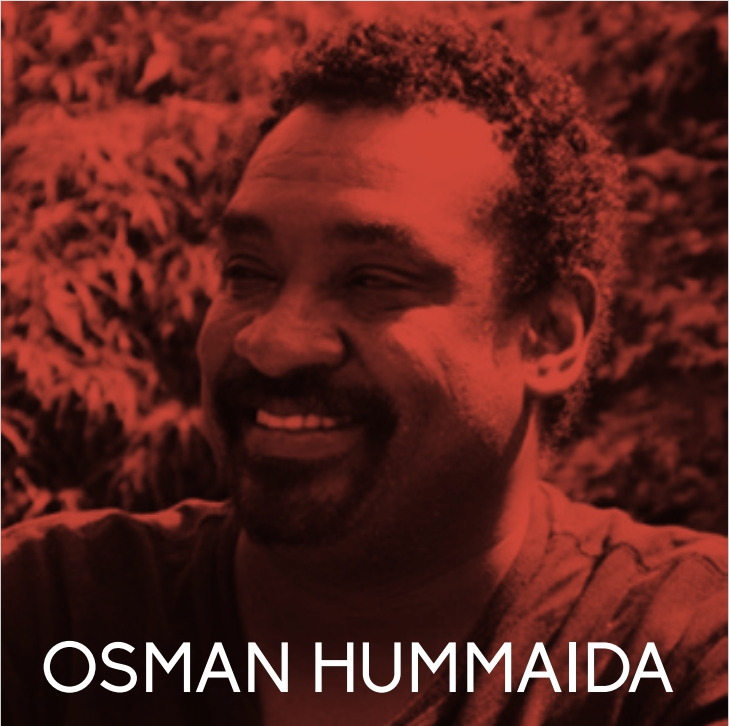EAST AND HORN OF AFRICA HUMAN RIGHTS DEFENDERS NETWORK
Kampala: EHAHRDP-Net condemns increasing restrictions on the independent press in Rwanda
The East and Horn of Africa Human Rights Defenders Network (EHAHRD-Net) is concerned by the current restrictions being imposed by the Rwandese authorities on the country’s very small independent media sector. On the 7th November 2008, journalists from four private Kinyarwanda newspapers, Umuseso, Umuvugizi, Rushyashya and Umuco, were prevented from entering a public ceremony held to celebrate the 30th African Press Day in the capital Kigali.
This most recent incident follows the expulsion of the editors of Umuseso, Umuvugizi, and Rushyashya from World Press Freedom Day celebrations in May 2008. The Minister of Information, Mme Louise Mushikiwabo, who had ordered them out of the ceremony, justified her decision by claiming that she wanted them to ‘correct their behaviour’. These three newspapers are renowned for writing articles which are somewhat critical of the government.
This is the latest in a series of actions taken in recent months by the authorities aimed at restricting the work of private journalists and silencing any form of dissent or criticism. The authorities have been using an array of measures and instruments to restrict freedom of the press.
In March 2008, Bonaventure Bizumuremyi, the founder and editor of Umuco, published an article in which he pondered on the future of President Paul Kagame and questioned whether the President may end up committing suicide as Hitler had done. The police released an arrest warrant against Bizumuremyi, charging him with defamation, and went on the public radio calling for the general population to help the police track him down. The High Press Council, a supposedly partially independent body, called for an immediate suspension of Bizumuremyi and his Umuco newspaper. Bizumuremyi went into hiding and has not been seen since.
In April 2008 a journalist from the Ugandan Daily Monitor, Robert Mukombozi, was declared persona non grata by the Rwandan authorities after he was accused of having written articles which were defamatory to the Kigali government.
The authorities have also made use of a range of vague legislation, notably on divisionism and more recently on ‘genocidal ideology’ to challenge what they perceive as critical reporting. Journalists working for the international media, notably the VOA and BBC have also been subjected to harassment notably as a result of their reporting of the recent legislative elections.
“The media sector in Rwanda was shattered by the genocide and is still facing the consequences; this sector may at times lack the professionalism which would be required of it to serve as an intellectual force and play its legitimate role in Rwandan society. Nevertheless, these current restrictions which are marginalising the more independent minded journalists and forcing several to either remain silent or flee the country will only hamper the growth and development which this sector for the benefit of society needs. The rights and freedom of these journalists must be respected if we are to see the development of the professional media sector which the Rwanda authorities so often call for” says Mr Hassan Shire Sheikh, Chairperson of EHAHRDNet.
For further information or to receive a copy of the report please contact:
Ms. Laetitia Bader, Human Rights Officer at +256-775-141756 or
[email protected].

